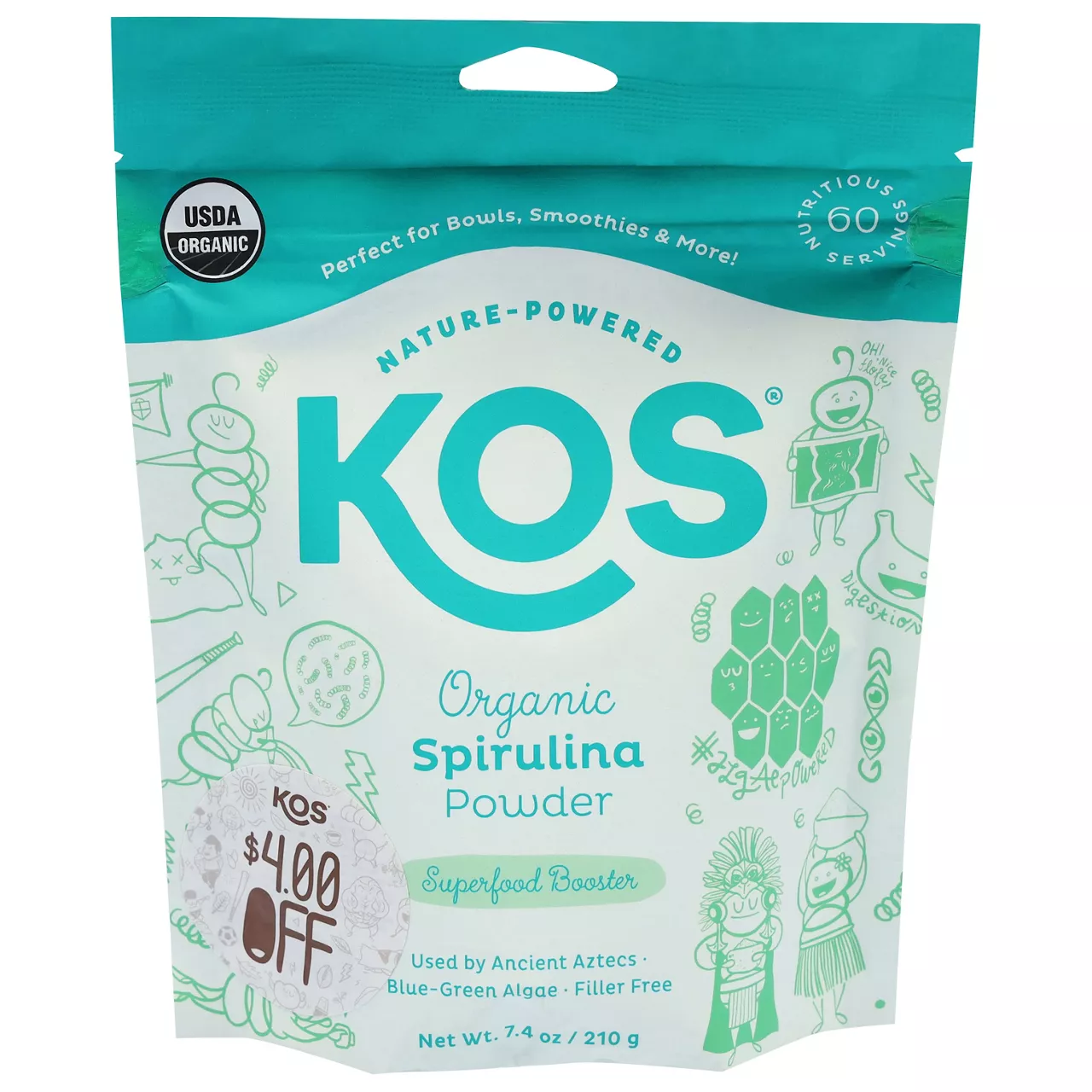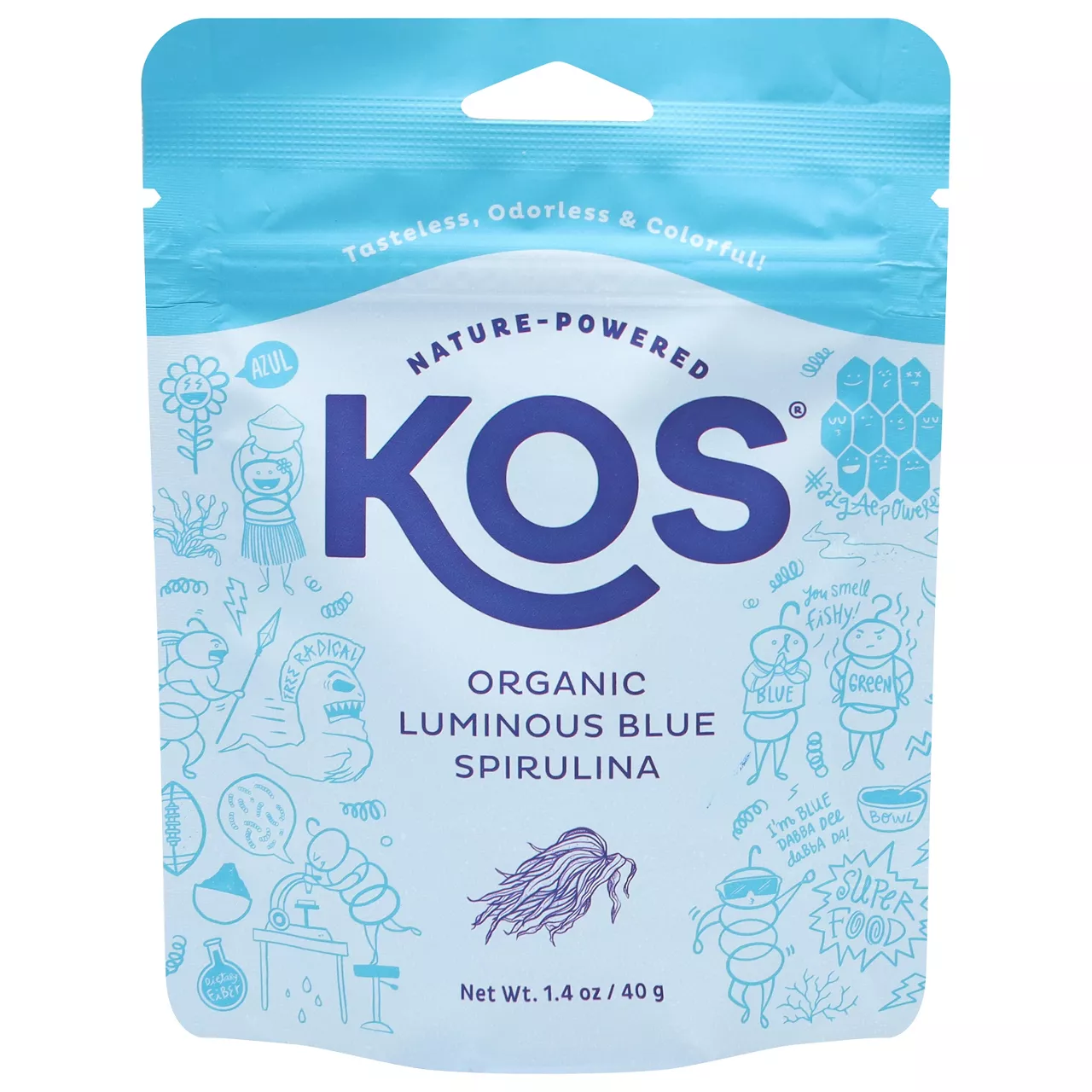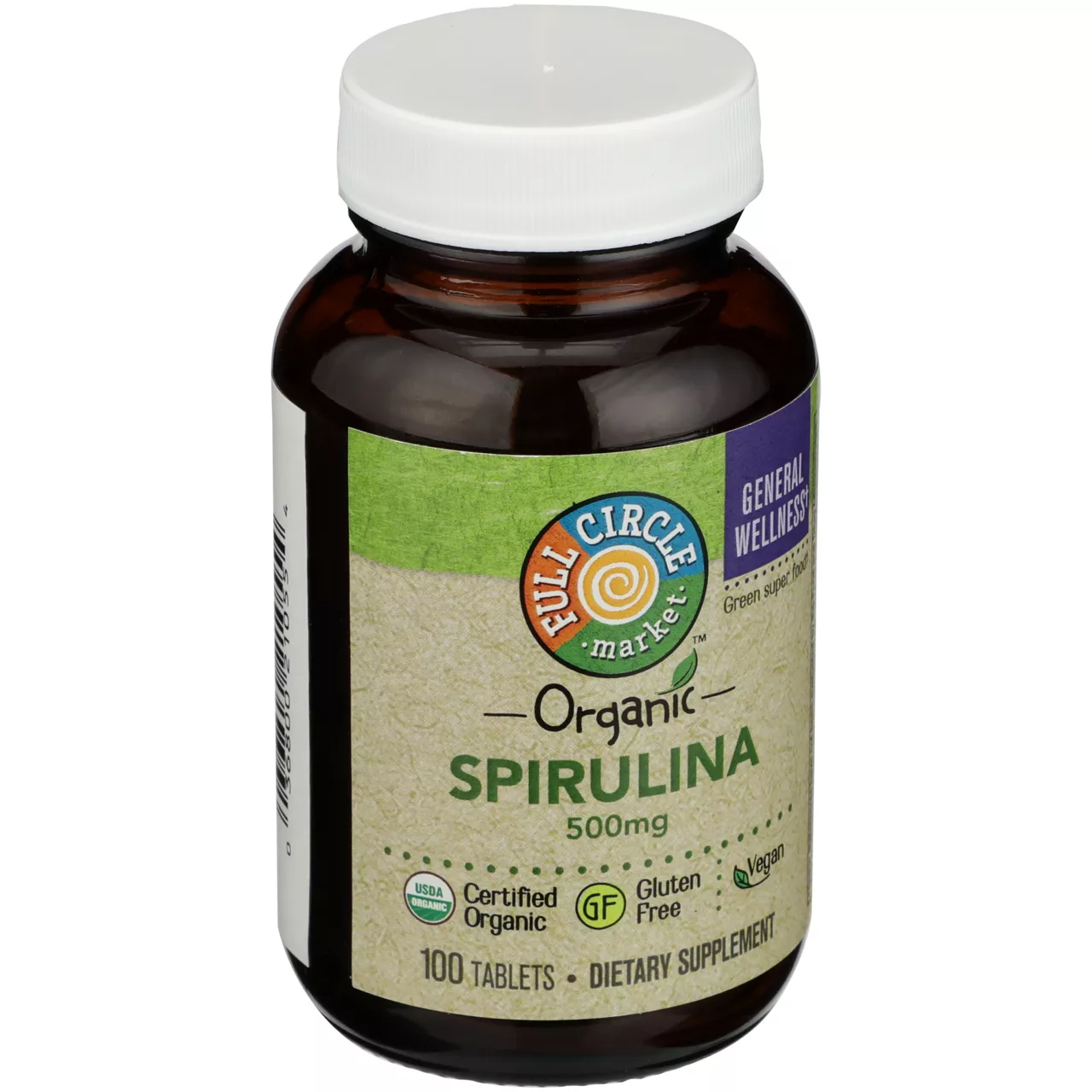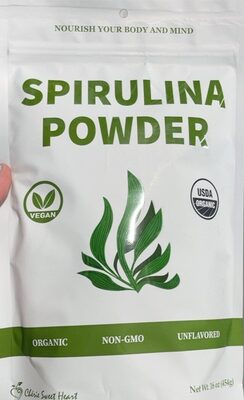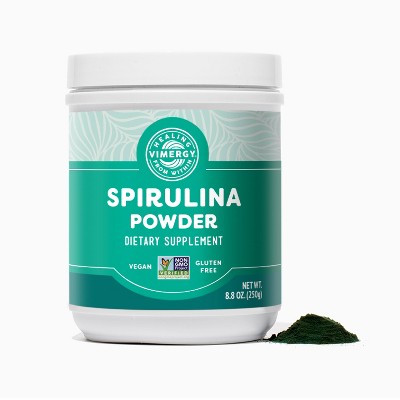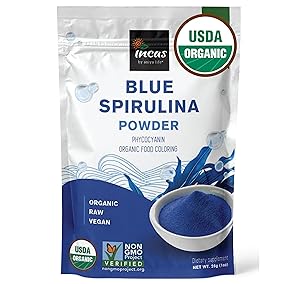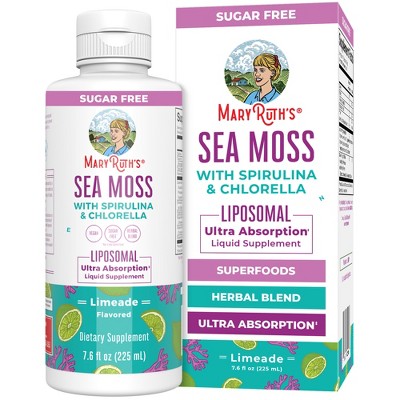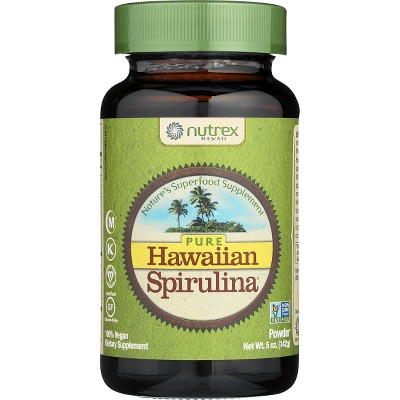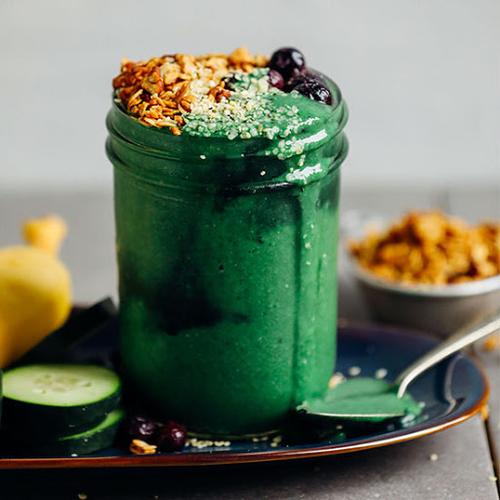BEVERAGES
BREAKFAST AND BRUNCH
SNACKS
Spirulina
Spirulina is a type of blue-green algae that is commonly sold as a dietary supplement due to its high nutritional content. This superfood is packed with essential vitamins, minerals, and antioxidants, boasting a high protein content which makes it a popular alternative for vegetarians, vegans, and health enthusiasts alike.
Often available in powder or tablet form, spirulina can be easily incorporated into smoothies, salads, and other recipes for an added nutritional boost. Its slightly earthy taste complements various dishes, making it a versatile and convenient supplement for individuals seeking to improve their overall health and wellbeing.
27%
CARBS
9%
FAT
65%
PROTEIN
173 Spirulina Products
KOS Spirulina Powder, Organic
KOS, Inc. Blue Spirulina Superfood Powder, Organic
Full Circle Market ORGANIC Spirulina 500 Mg Green Super Food General Wellness Dietary Supplement Vegan Tablets
NOW Foods - Spirulina Powder 100% Pure and Natural
Spirulina Powder
Vimergy Natural Spirulina Powder, 83 Servings
USDA Organic Blue Spirulina Powder
Sea Moss with Spirulina & Chlorella Liposomal, Limeade
Nutrex Hawaii Greens And Superfood Supplements Pure Hawaiian Spirulina Powder
Organic Spirulina Powder
Used In 3 Recipes
Spirulina Is Frequently Used With
Spirulina FAQ
Spirulina is one of those superfoods that tends to intimidate people, largely due to its bright blue-green color and intriguing origin (it's an algae!). But once you get past these aspects, you'll find that it's a highly nutritious add-on to many meals. It's rich in numerous vitamins, minerals, and antioxidants, and it's also a fantastic source of plant-based protein. People often go wrong by assuming that it has a strong, unpleasant flavor. However, spirulina has a mild, slightly earthy taste that can be easily masked by other ingredients in recipes. To get the most out of spirulina, you can blend it into smoothies, stir it into sauces and dressings, or even bake with it. A little-known tip is that you can make your own spirulina powder at home by purchasing fresh algae and dehydrating it.
Can you consume spirulina raw?
What are the nutritional benefits of spirulina?
How much spirulina should I take daily?
Can spirulina help with weight loss?
How can I add spirulina into my diet?
I've heard spirulina can be used for detox, is that true?
Why is spirulina considered a superfood?
What does spirulina taste like?
Can spirulina cause any side effects?
Is spirulina suitable for vegans and vegetarians?
Expiration & Storage Tips
When does spirulina expire?
Unopened, spirulina powder or tablets can last for up to 2 years stored in a cool, dry place. Once opened, it's best to consume within 6 months to maintain its nutritional efficacy, but it can still be safe to consume for up to a year if properly stored. Spirulina does not usually come in a frozen or homemade form.
How do you tell if spirulina is bad?
Spirulina can go bad, although rare, if it's not properly sealed or stored. The first sign that spirulina has gone bad is a change in color; it should always be a vibrant deep green. If it has turned brown or black, that's a sign that it should no longer be consumed. Another telltale sign is smell. Healthy spirulina has an earthy scent. If the scent has become overly pungent, or if it smells sour or fishy, the spirulina has probably gone bad and should be discarded.
Tips for storing spirulina to extend shelf life
• Always store spirulina in an airtight container.
• Keep it in a cool, dry, and dark place such as a pantry or cupboard away from sunlight to prevent it from oxidizing and losing its nutritional potency.
• Avoid storing spirulina near strong-smelling foods or spices, as it can absorb their aromas, altering its taste.
• Do not use wet utensils when scooping out the spirulina. Moisture can cause mold and bacteria to grow, shortening its lifespan.
EXPIRES WITHIN
10 - 14
MONTHS
Health Info
Macros
2g
CARBS
0g
FAT
5g
PROTEIN

